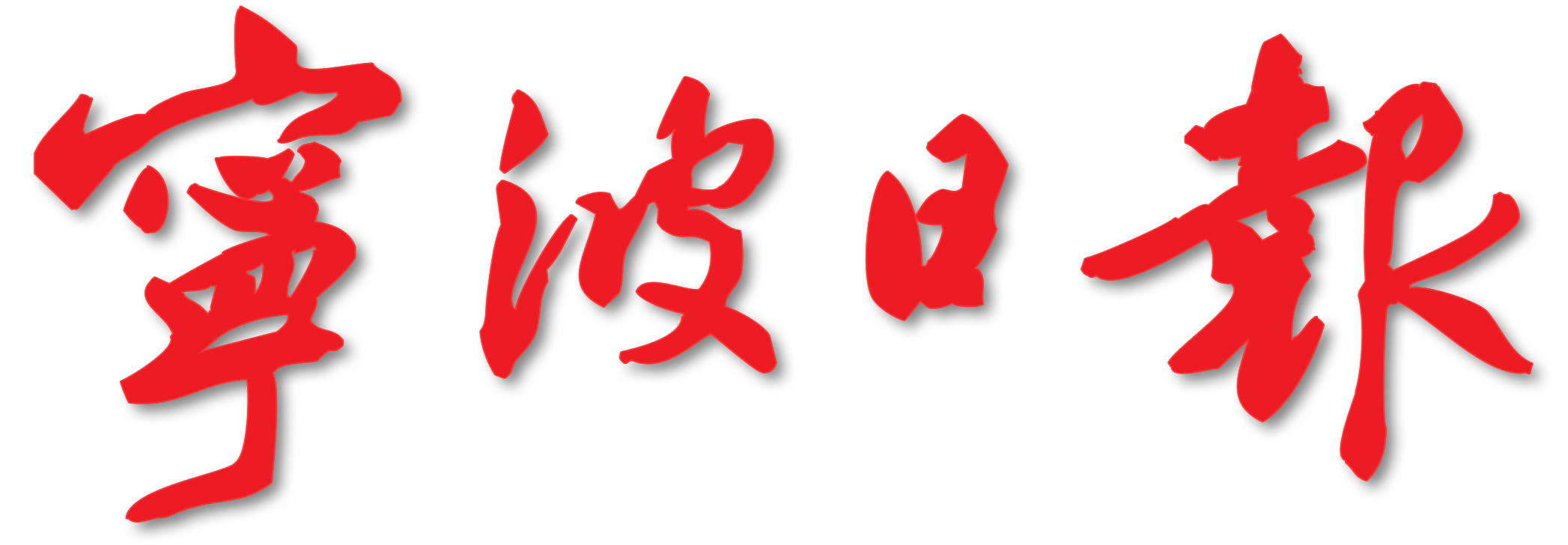By Jin Yuhan
On a humid afternoon in Zhenhai, the steady clang of metal echoes over the water, cutting through the heat. Seated on a low stool inside a wooden boat, 64-year-old Du Guangjie hunches over a sheet of tin, hammer in hand. Sweat darkens his shirt, but his focus never wavers.
For nearly four decades, Du has lived and worked aboard two modest boats moored along the riverbank—one his home, the other his tin workshop. He left his hometown of Yancheng, Jiangsu, at 25, eventually settling in Zhenhai with his family and taking up the life of a river-based tinsmith.
"I used to travel from place to place—Luotuo Bridge, Zhuangshi, Guisi—earning a living as I went," he says. "But when high-rises started going up, I anchored here for good."
Du's craft is labor-intensive and meticulous. Whether it's the tinware that calls for light, precise taps or the copper pieces that demand heavier blows, every item is handcrafted from start to finish. Among Du's specialties is the huocong—a traditional tin handwarmer. It was long regarded as one of eastern Zhejiang's "Three Essential Dowry Items", symbolizing warmth and harmony in marriage.
To date, Du estimates he has made more than 6,000 huocong, each one sent off with a quiet wish for the newlyweds who receive it. "Machine-made ones all look the same. They have no warmth, no soul," he says. The process—melting, shaping, engraving, polishing—requires not only skill but physical endurance. His hammer weighs roughly a kilogram. Most would tire within minutes, but Du spends hours at his craft each day.
His signature design features a pair of mandarin ducks, a motif symbolizing love and fidelity. Etching the birds' feather patterns takes three chisels of varying sizes. The smallest, just 2 millimeters wide, is used to carve out their eyes. "The ducks' eyes should sparkle with life. Their feathers should feel like they could move," Du says. "The newlyweds should feel that energy in their hands."
In 2023, Du was named an official Intangible Cultural Heritage heir of Zhenhai District for his contribution to traditional tin-smithing. With help from the local market regulation bureau, he recently moved his workshop ashore—something he had long hoped for.
Still, his joy is tempered by concern for the craft's future. "I've taught four or five apprentices, but they all moved on. This kind of work takes patience," he says. Even so, Du remains committed. "If someone truly wants to learn, I'll teach them wholeheartedly," he says. "As long as there are families who want these items, I'll keep on making them."


